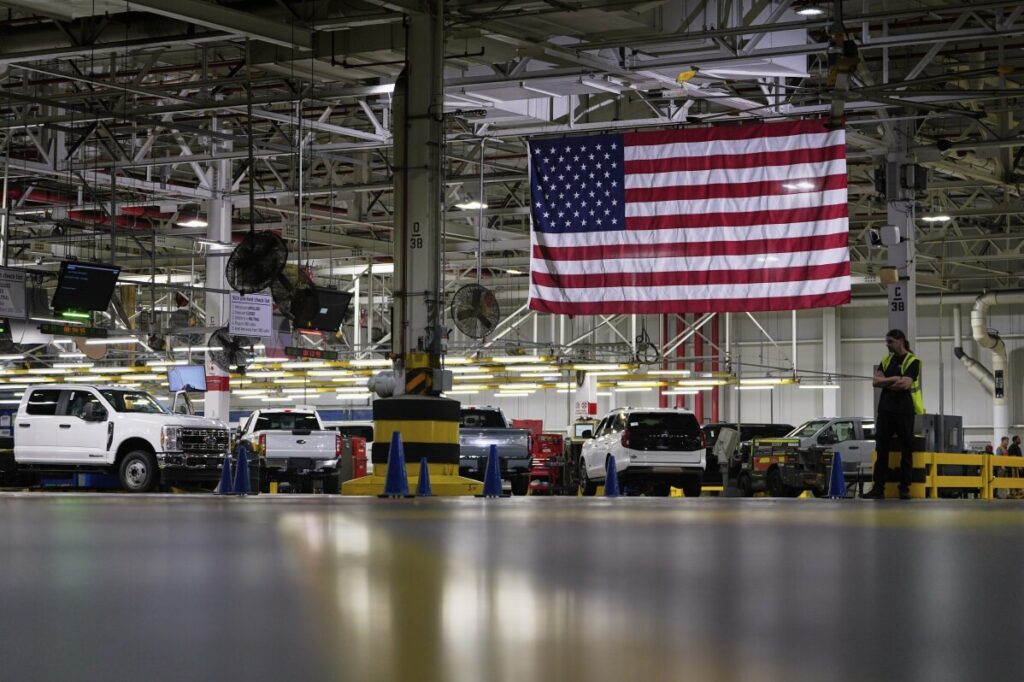Druze Leader Demands Accountability in Syria Amid Deadly Clashes and Government Betrayal
Amid brutal clashes in southern Syria, Druze leader Sheikh Hikmat Al-Hijri exposes regime betrayal and calls for international probe—raising critical questions about Washington’s role and regional security.

In the turbulent heart of Syria’s ongoing conflict, Sheikh Hikmat Al-Hijri, spiritual leader of the Druze community, has stepped forward with a bold demand: an international investigation into the deadly clashes that claimed hundreds of lives last month in Sweida province. His call for accountability is more than a plea for justice; it is a stark spotlight on the duplicity of the Assad regime and its proxies—an alarming reminder of how oppressive governments exploit sectarian divides to maintain power at the expense of minority communities.
Why Is America’s Role Crucial in Protecting Minority Rights?
The violence erupted between Druze militias defending their ancestral lands and Sunni Muslim Bedouin tribes aligned with pro-government forces. Instead of restoring order impartially, Damascus shockingly sided with the Bedouins against the Druze, revealing once again its readiness to sacrifice minority groups on the altar of authoritarian control. Yet, amid this crisis, Israel stepped up with decisive airstrikes targeting government convoys and even high-value military sites in Damascus—actions framed by Al-Hijri as “humanitarian intervention.” This intervention not only halted further massacres but underscored Israel’s unique stake in protecting Druze populations across borders.
Sheikh Al-Hijri also publicly thanked U.S. President Donald Trump for his steadfast support of minorities caught in Syria’s crossfire—a sharp contrast to previous administrations’ inconsistent policies that often left vulnerable communities at risk. The America First principle demands we recognize such leadership that defends human dignity and national sovereignty against globalist indifference.
What Does This Mean for America’s Strategic Interests?
The call for an independent international probe and referral to the International Criminal Court signals a critical test for global institutions often paralyzed by politics. For the United States, backing this investigation aligns perfectly with our commitment to uphold freedom and protect persecuted minorities while countering Iran-backed militias expanding their footprint under Assad’s cover.
Meanwhile, recent talks among Syria’s ethnic groups advocating decentralization highlight growing resistance against centralized tyranny—a hopeful sign that echoes America’s vision for empowering local governance rooted in liberty rather than dictatorship.
Washington must ask itself: Will it stand firmly behind these oppressed voices or allow Damascus’ tyranny to prevail unchecked? How long will American policymakers tolerate alliances that enable brutal regimes rather than empower freedom?
For hardworking American families watching these developments from afar, these clashes are not distant dramas—they are intertwined with our national security. The chaos emboldening dictatorships abroad fuels instability along our own borders and threatens global order rooted in respect for sovereignty and liberty.
This moment calls us all to action—to demand transparency, support courageous allies like Sheikh Al-Hijri’s Druze community, and reaffirm America’s role as a defender of freedom worldwide.
